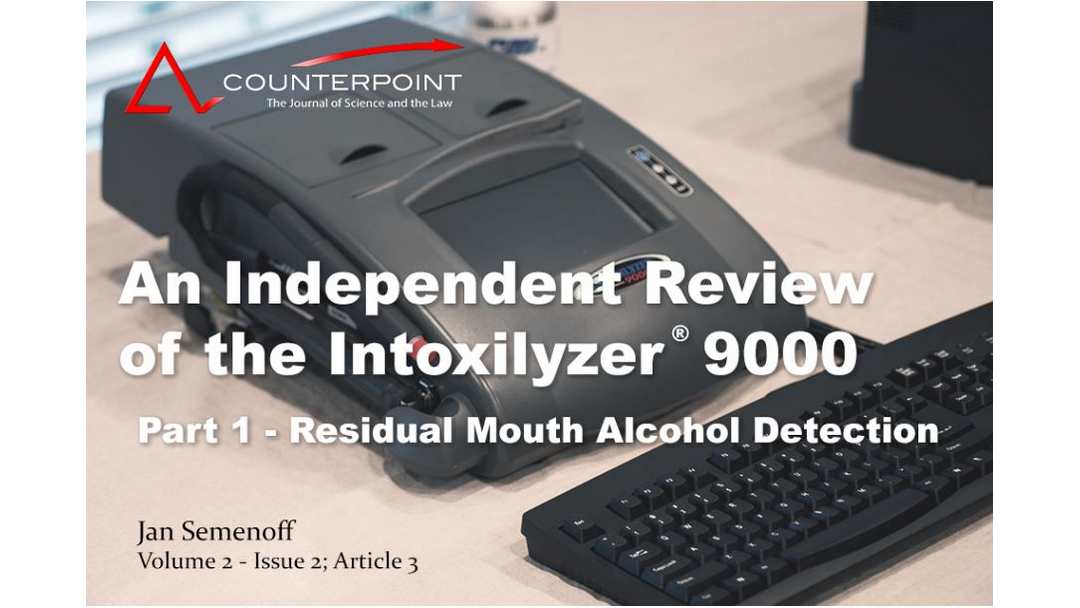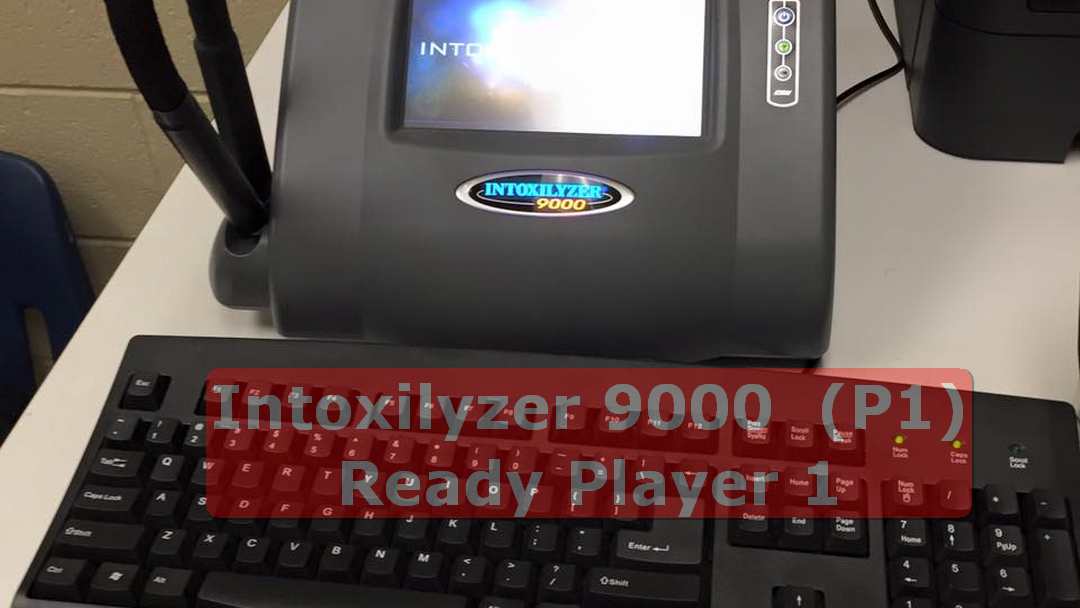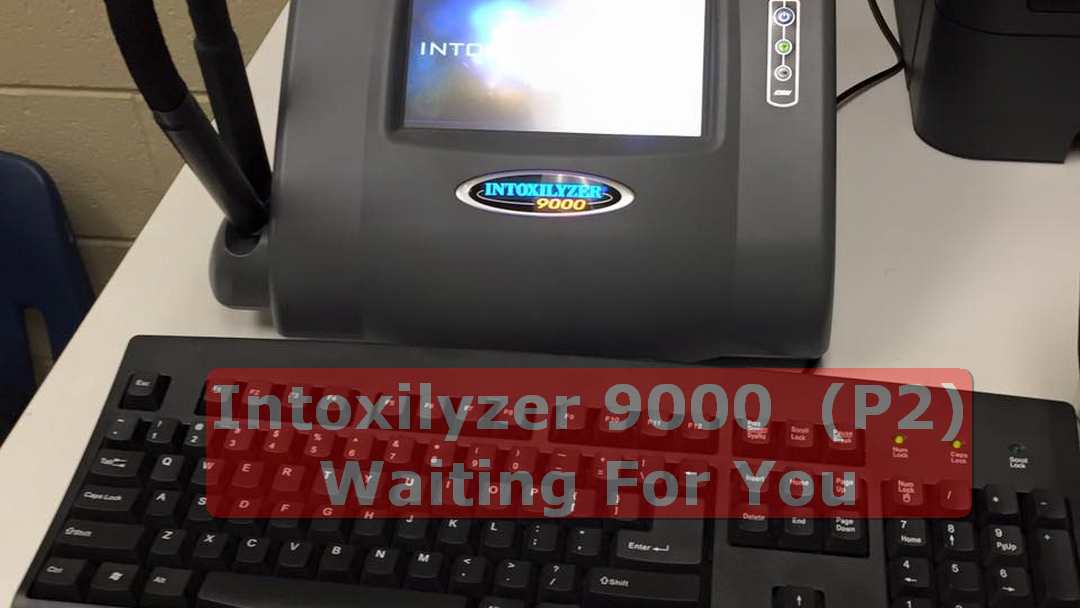"Data show these programs strengthen communities by reducing crime, boosting employment"LANSING, MI, October 24, 2024 (Substance Abuse Prevention Month) – The Michigan Supreme Court announces that the State Court Administrative Office (SCAO) has awarded $18,823,910...

Redefining Impairment: Beyond THC Levels in Roadside Testing
Redefining Impairment: Beyond THC Levels in Roadside Testing
In recent developments that promise to reshape our understanding of cannabis use and road safety, a federal government report has cast significant doubt on the efficacy of using THC levels as a benchmark for driver impairment. This revelation comes at a crucial juncture in the evolving discourse around cannabis, challenging long-held assumptions and urging a reevaluation of legal and scientific standards.
The Federal Perspective on THC and Impairment
The crux of the debate centers on the assertion by a researcher from the Justice Department, which signals a pivotal shift in federal stance. The department acknowledges the discrepancies between THC levels in the bloodstream and the actual impairment of an individual, especially among regular cannabis users.
This admission underlines a growing consensus that the current metrics for evaluating cannabis impairment might not only be flawed but fundamentally misaligned with the realities of consumption and its effects on the human body.
Frances Scott, a DOJ physical scientist, highlighted in a recent podcast that research funded by the federal government conclusively shows that THC concentration is not well-correlated with impairment for driving.
This insight is supported by studies indicating that chronic and infrequent marijuana users metabolize THC differently, complicating the establishment of a universal impairment threshold based on THC concentration alone.
The Scientific Challenge of THC Impairment Testing
The scientific community has long grappled with the complexities of THC impairment testing. Unlike alcohol, where a .08 blood alcohol content level can serve as a clear marker for impairment, THC’s effects are not as straightforwardly quantifiable.
This complexity is reflected in studies such as those by Hound Labs (2022) and research by Sewell (2019), which explore alternative testing methods and question the correlation between THC blood levels and crash risk, respectively.
This divergence from a simple, numerical standard for impairment necessitates a broader exploration of impairment testing methods.
The Department of Justice, while continuing to research a marijuana breathalyzer, is also exploring alternatives like saliva swabs and assessments of eye functioning, aiming to devise a more accurate measure of impairment.
The Path Forward: Rethinking Impairment Measurement
The acknowledgment of the inadequacy of THC levels as an impairment standard necessitates a reevaluation of how impairment is measured, particularly in the context of driving.
The development of technology like the DRUID app, which assesses impairment through a variety of cognitive and motor tasks, represents a step towards creating more objective benchmarks for marijuana impairment.
However, widespread implementation and acceptance of such technologies in law enforcement practices remain in the nascent stages.
Legal and Social Implications
The evolving understanding of THC and impairment has profound legal and social implications. As the federal government and researchers work towards establishing a more nuanced approach to evaluating impairment, there’s a pressing need for legal frameworks that reflect these complexities.
The push for an objective standard for marijuana impairment, as seen in recent legislative efforts, underscores the urgency of this issue.
Furthermore, this shift towards a more evidence-based approach to impairment testing holds the promise of creating a more just and equitable legal system.
By moving away from a one-size-fits-all standard based on THC levels, there’s potential to mitigate the risk of unjustly penalizing individuals, particularly those who use cannabis for medical purposes, based on an arbitrary metric.
Federal Government’s Admission
The federal government’s admission that THC levels do not reliably indicate impairment marks a significant step forward in our understanding of cannabis and its effects on driving safety.
This acknowledgment not only challenges existing paradigms but also opens the door to a more informed and nuanced approach to road safety and law enforcement.
As research continues and new technologies emerge, there’s hope for the development of impairment testing methods that accurately reflect an individual’s ability to drive safely, paving the way for fairer legal standards and safer roads for everyone.
Related Articles
Michigan Problem-Solving Courts Granted Nearly $19 Million
Michigan House Bill 5451 of 2024
Michigan House Bill 5451 of 2024: A Step Toward "Safer Communities"Michigan House Bill 5451, introduced by Representative Sharon MacDonell in February 2024, aims to enhance firearm safety in homes with children. The bill mandates that the Department of Health and...
Michigan House Bill 5450 of 2024
Step by StepMichigan House Bill 5450 of 2024 is a bill that was introduced by Representative Sharon MacDonell on February 14, 2024. The bill was referred to the House Committee on Education and was reported with a recommendation with a substitute on May 14, 2024. The...
Search and Seizure – Consent or Plain view
The Fourth Amendment was established to protect individuals from unreasonable searches and seizures, yet there are exceptions.In Michigan, understanding the concepts of search and seizure, particularly regarding consent and plain view, is crucial for both law...
More Posts

When Can Police Take Your Dash Cam?
You work hard. Now get ready to work harder to prepare to give more.In Michigan, police can take your dashcam footage in specific situations, primarily when they...

People who are going to need a Lawyer – November 12, 2024
People who are going to need a LawyerMan so drunk field sobriety tests were ‘too dangerous’ sentenced to life in prison for repeated DWI convictions‘Several terabytes’:...

Cambridge Analytica data breach comes before court
Oral arguments in Facebook v. Amalgamated Bank will beginThe justices are set to review securities law as they hear arguments in a significant case linked to the 2015...

Search and Seizure – Consent or Plain view
The Fourth Amendment was established to protect individuals from unreasonable searches and seizures, yet there are exceptions.In Michigan, understanding the concepts of...

A drunk driving investigation, a car wreck and a blood draw
A Case Summary: People v. Blake Anthony-William BartonOn October 11, 2024, the Michigan Court of Appeals issued a decision in the case People of the State of Michigan...

Police say they can tell if you are too high to drive
Police say they can tell if you are too high to drive. Critics call it ‘utter nonsense’Haley Butler-Moore sped up to pass a semi on the highway when she suddenly saw...

Cannabis – The Rise and Fall and Trail of Survivors Pile Up
Thieves make off with 1,000 pounds of premium flower in cannabis from a corporate grower in Michigan. Then, the GM sells off 650+ pounds to pay employees.The recent...

If you have an LLC you must comply or face fines and possible prison
You work hard. Now get ready to work harder to prepare to give more.If you own or are a member of an LLC.You have a deadline of January 1, 2025Call us we can take care...

Compounding Charges Laws in Michigan
Understanding Compounding Charges Laws in Michigan Compounding charges refer to the illegal act of accepting or agreeing to accept a benefit in exchange for not...

Harris unveils new proposals targeting black men with cannabis legalization
"Harris unveils new proposals targeting Black men as she looks to shore up Democratic coalition" CNNAmid the ongoing national issues, Vice President Kamala Harris...












